The College of the Environment and Life Sciences
Education, experience, excellence for the 21st century
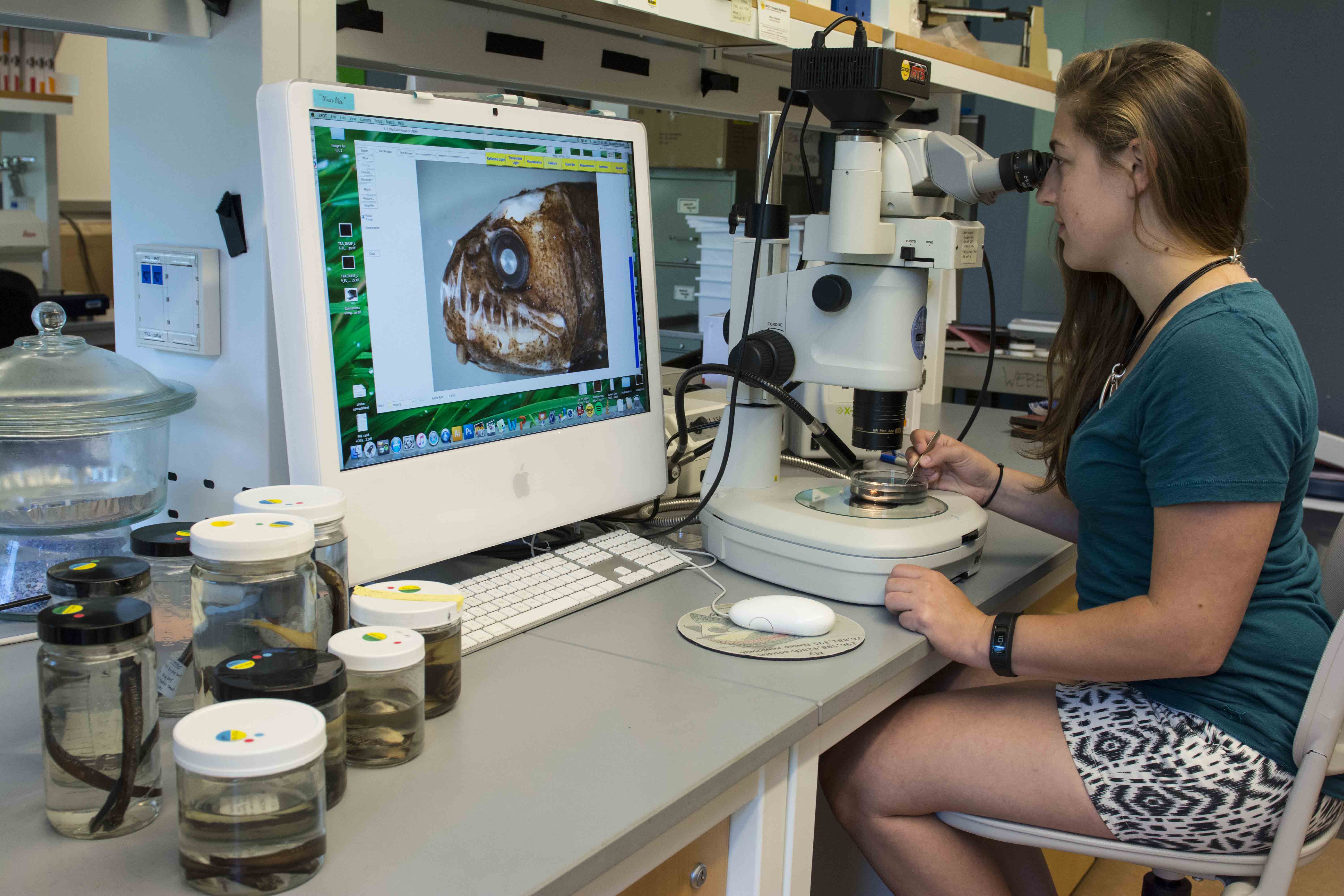
The College of the Environment and Life Sciences serves as a catalyst for interdisciplinary collaboration through 10 academic departments. We are committed to integrating scientific discovery, education, and real-life applications for the benefit of individuals and their communities. We lead in environmental and life sciences, environmental economics and management, policy, and design.
Our Campaign Goals
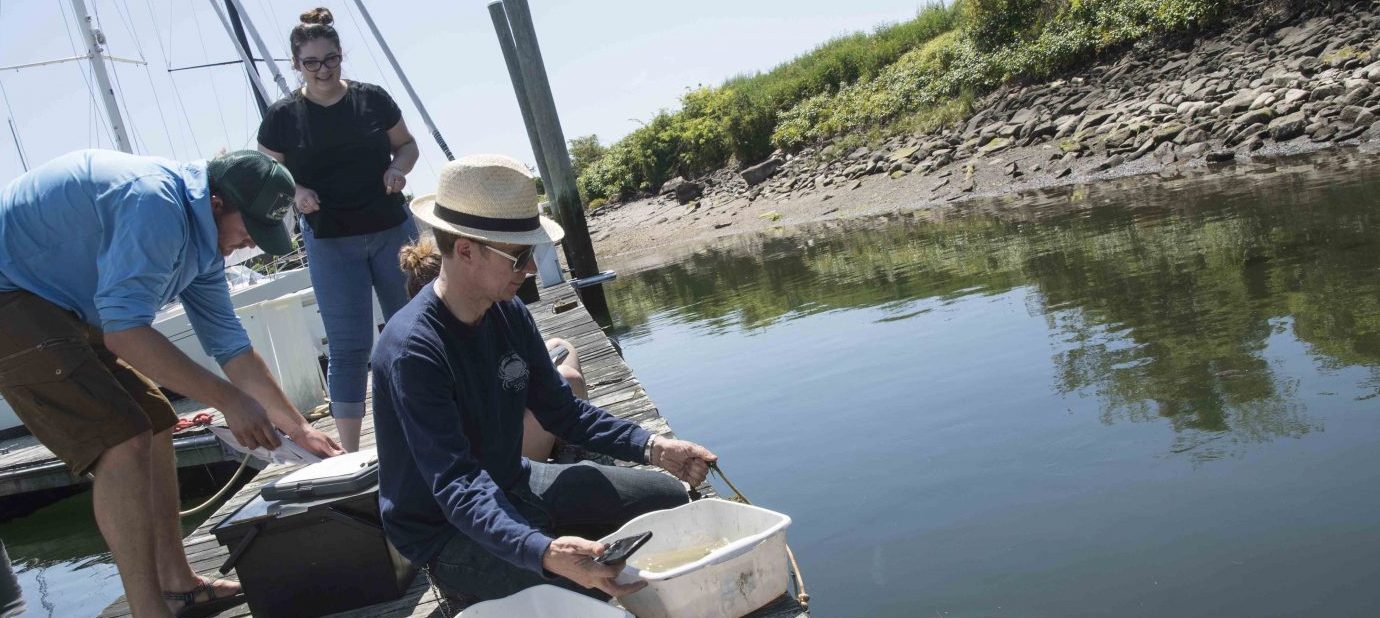
College of the Environment and Life Sciences Points of Distinction
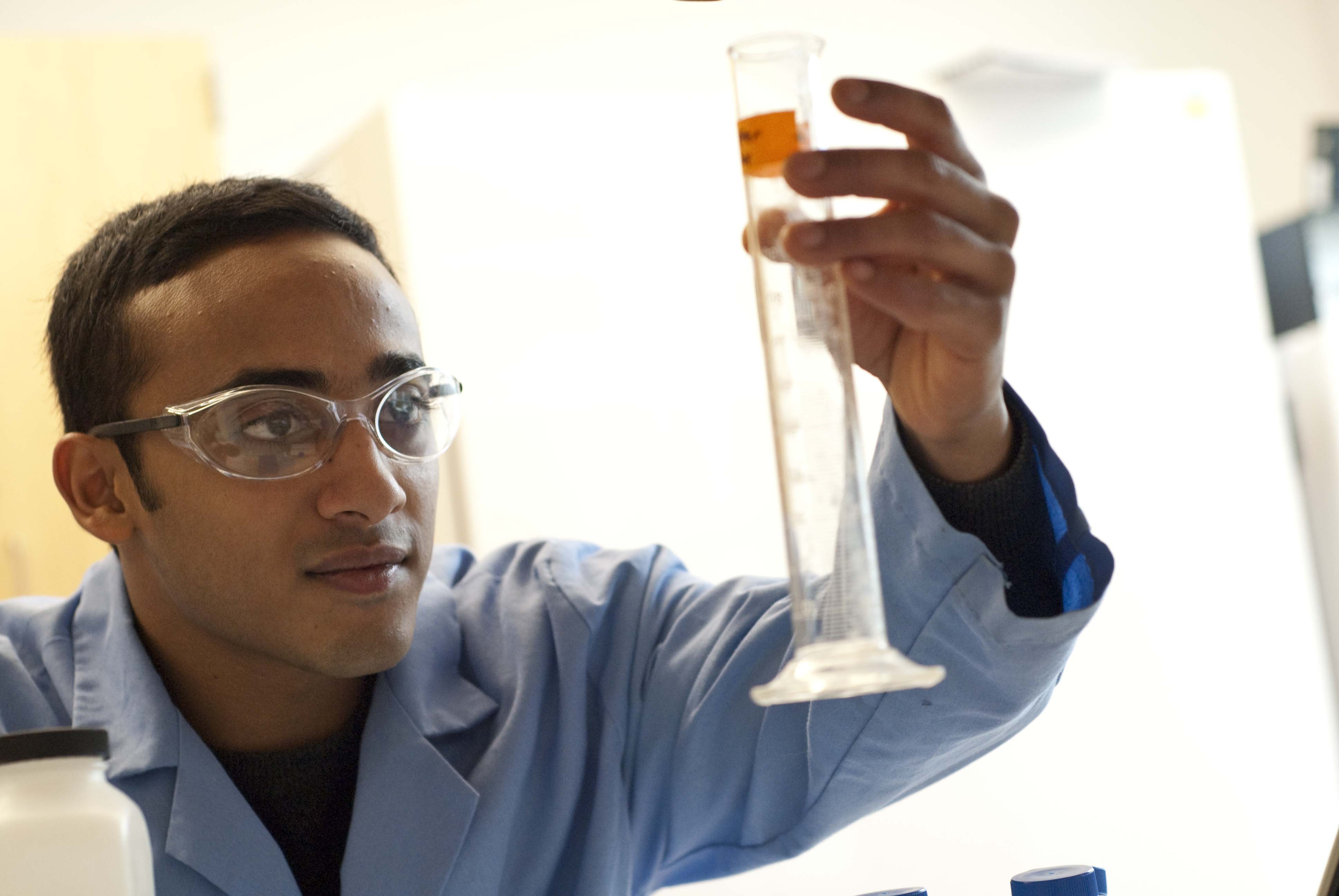
Research Fellowships for Undergraduate Students
Our programs for Coastal and Environmental Fellows, Science and Engineering Fellows, and Energy Fellows engage students in cutting-edge research and outreach in the lab, forests, wetlands, coastal waters, and communities. They learn to apply science that improves health, agricultural, and natural resource systems.
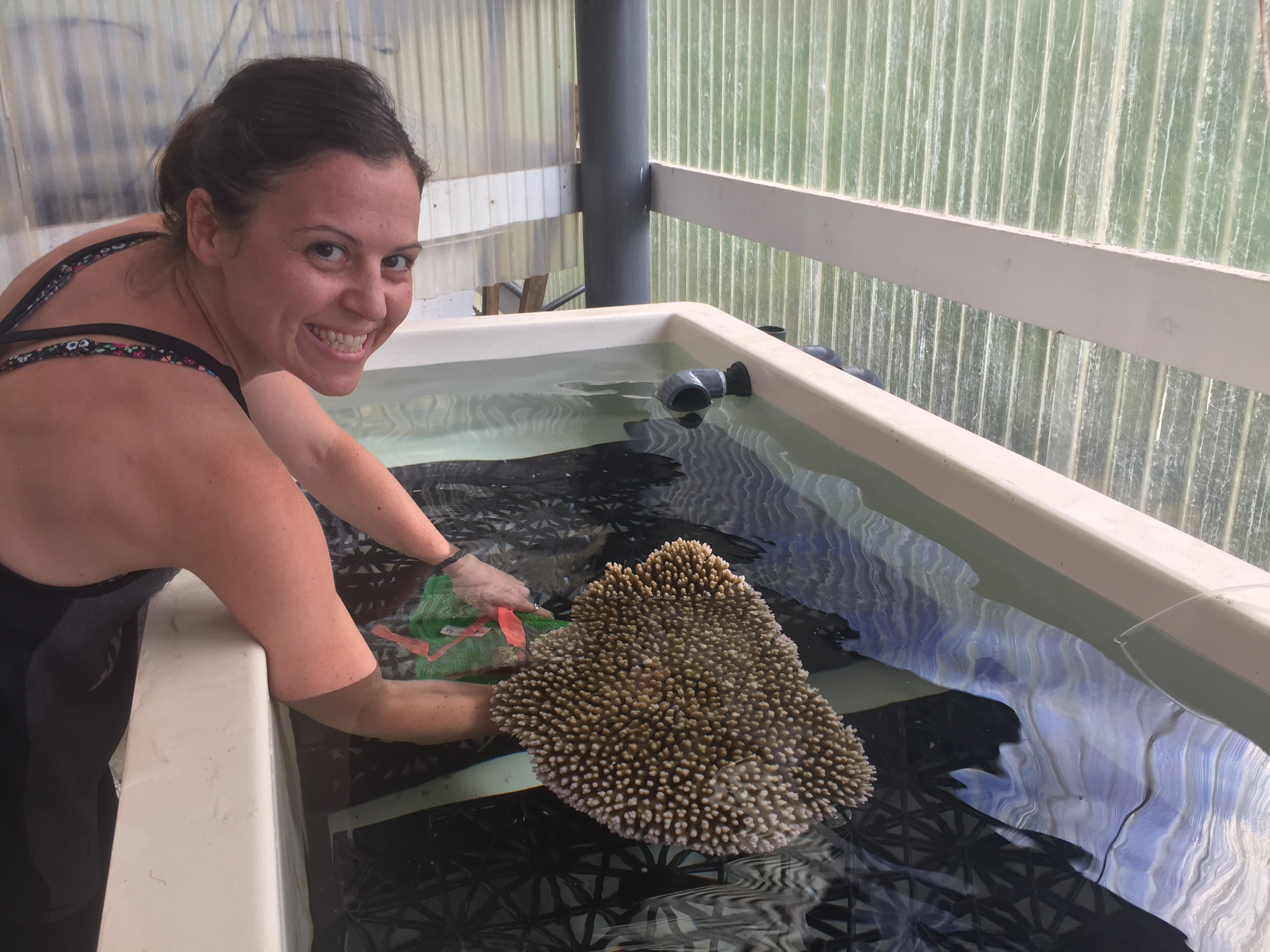
Global Faculty Research
As one example of the impact of research support, Assistant Professor Hollie Putnam has received several major research grants focusing on coral reef health around the globe. Her lab’s work includes research on environmental conditions that damage corals, availability of nutrients for coral health, resiliency of coral reefs to climate change, and the ability of corals to adapt to rising ocean temperatures. Putnam’s students conduct research in Mo’orea, French Polynesia, Bermuda, Hawaii, and other locales. They collaborate with research teams worldwide, exposing students to cutting-edge researchers and building their networks in marine science.
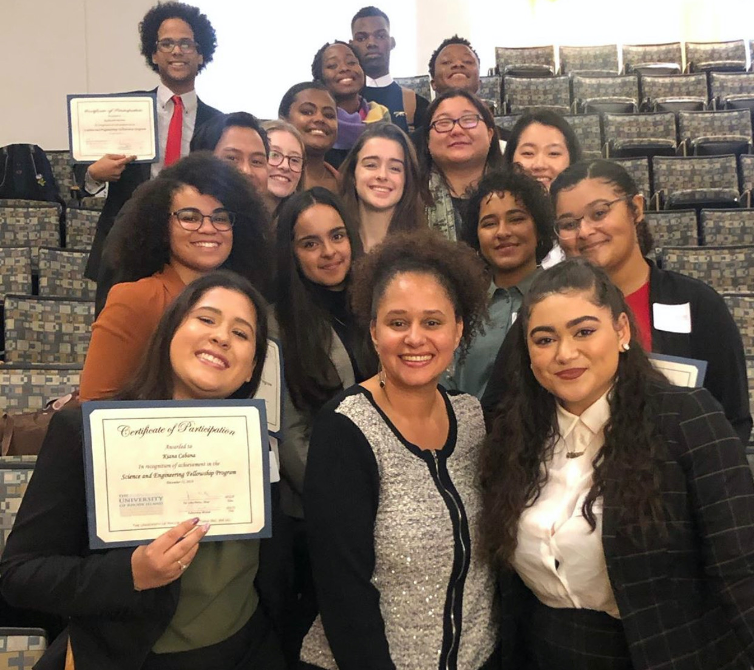
Seeds of Success Program
Seeds of Success (SOS) is a student-run organization helping underrepresented groups succeed academically, professionally, and socially. SOS provides a sense of community, as well as leadership and team-building skills. Offerings include research and scholarship opportunities, educational and career seminars, and safe spaces.
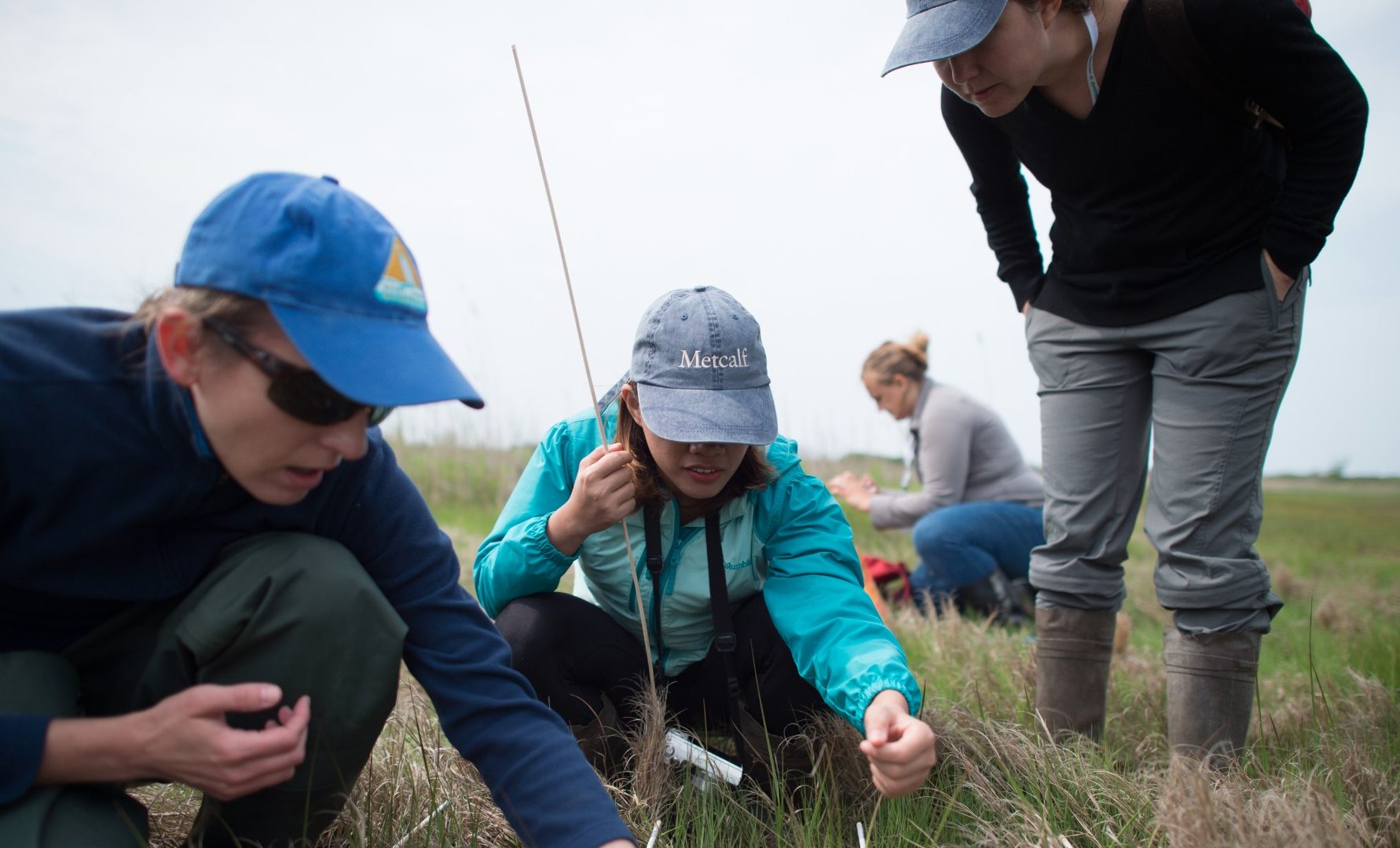
The Metcalf Institute
The Metcalf Institute fosters informed public conversations through science training for journalists, communication training for scientists, and public programs about timely environmental issues. The multiplier effect of this work is significant, providing millions of news consumers with accurate, contextualized reporting on science and the environment and preparing scientists to effectively engage with public audiences.
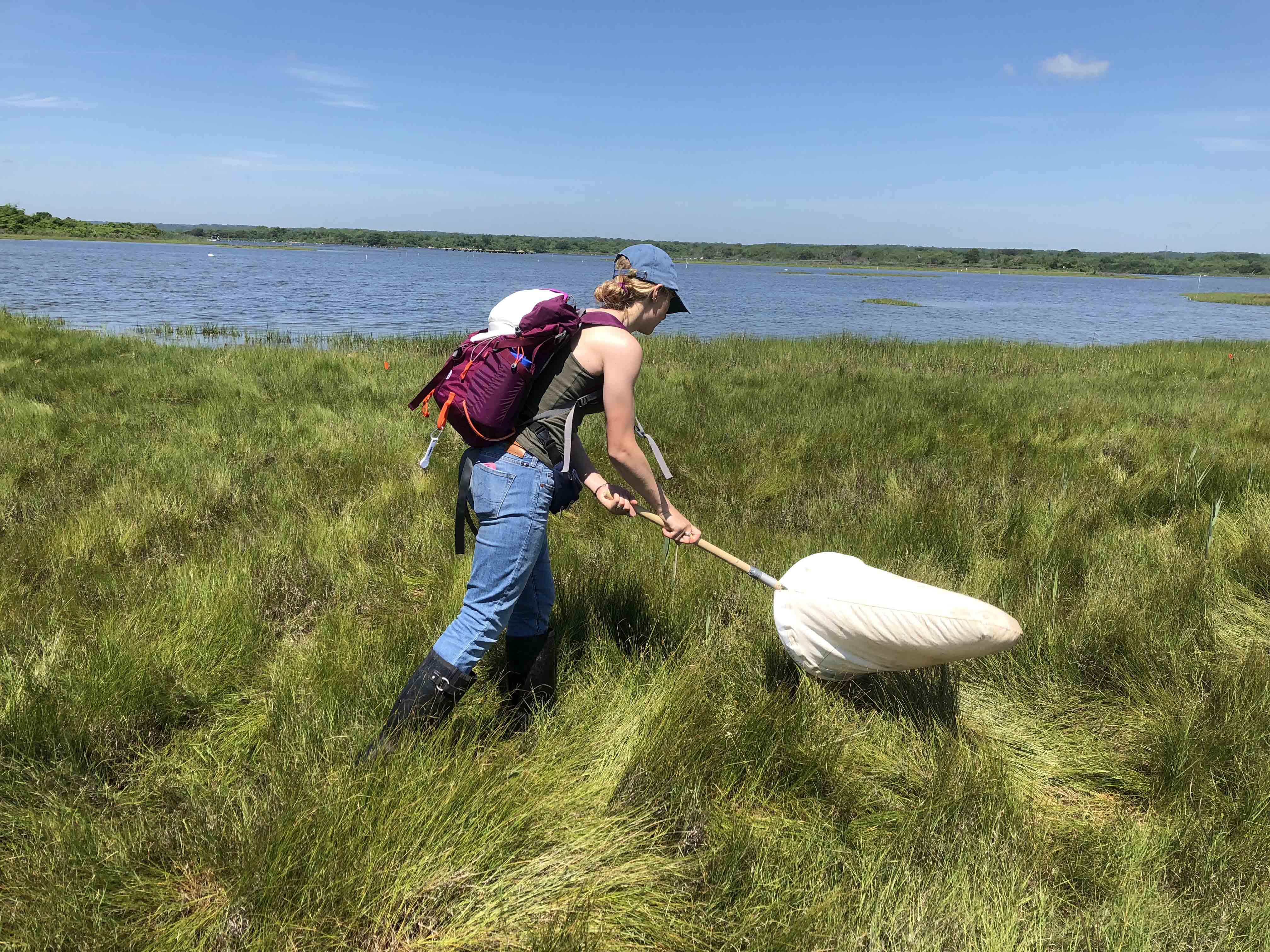
Watershed Watch Program
Watershed Watch partners with local residents to obtain high-quality data on their lakes, rivers, and estuaries. These citizen scientists learn state-of-the-art techniques and guide protection of their waters. More than 300 volunteers representing 50 organizations test their waters and inform state and local decision-makers. The program has fostered University-community partnerships throughout the nation. URI students learn the value of public input in shaping environmental management.